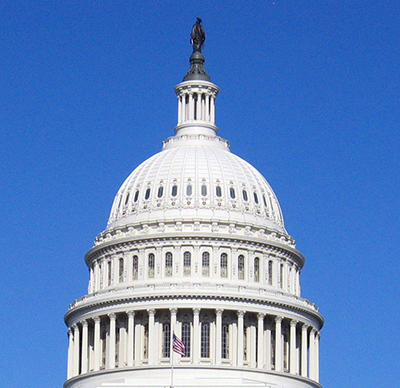
SMACNA alerted members and chapters on Nov. 21, about the Multiemployer Pension Recapitalization and Reform Plan White Paper which had just been released by Senate Finance and Senate HELP Committee Chairs Chuck Grassley (R-IA) and Lamar Alexander (R-TN). Senate negotiations on that proposal are now beginning. It is not clear that Republicans and Democrats can come to agreement but SMACNA will remain actively engaged on behalf of our contractors as the negotiations move forward.
SMACNA reported in July that the House-passed Butch Lewis Act, which would provide a loan program to failing plans, was not acceptable to most Senate Republicans. The Grassley-Alexander proposal does demonstrate that numerous Republicans, while not favoring a “bailout,” are willing to consider relief for participants in failing plans. The plan also reflects the Republican belief that certain reforms are needed to avert similar crises in the future.
-
The plan would have a negative effect on employers and plans if enacted as released, but that is not expected to happen. It is widely believed that the White Paper was presented as a starting point for negotiations with Democrats and stakeholders. Our efforts will focus on the core principles that have previously driven our lobbying efforts. SMACNA will directly address the specifics with both Republicans and Democrats. Summarized below, the principles do, in fact, address the major areas of concern in the Grassley-Alexander proposal.
-
Authorize Composite Plan Design as a New Hybrid Option for Multiemployer Plans
Employers face growing scrutiny from lenders and tighter credit markets because of unfunded liabilities in defined benefit plans. Composites incorporate the best features of defined benefit plans and defined contribution plans, while protecting already earned benefits in legacy plans. Composite plans would modernize the system and provide a sustainable lifetime benefit without risk to the employer, and should be available to as many plans as possible. -
Consider the Impact of PBGC Premium Increases
Congress has raised premiums over time and doubled them in 2015 with automatic increases for inflation. Higher premiums would ultimately require higher employer contributions. Extreme premium increases, especially combined with increased funding requirements, could be the tipping point leading to employer exits. -
Misguided Funding Requirements Destabilize Plans
Severe and sudden changes to funding rules and requirements will have severe and unintended consequences. Plans must maintain a delicate balance to keep employers participating in the plans. Mandating lower investment assumptions would cause actuarial liabilities to rise, causing dramatically increased employer contributions. Changes that financially weaken employers could lead to bankruptcies, which would only deepen the crisis. -
Relief for Failing Plans
SMACNA recognizes that participants could be hurt through no fault of their own. However, employers struggling with increased contributions to stabilize their own plans do not have the resources to fund a relief program for failing plans without detrimental effects on their own financial stability and the stability of the plans they contribute to every month. To the extent Congress elects to provide relief to participants in failing plans, it must not provide that relief on the back of an already fragile system.

Republicans hope to wrap this up by the end of the year; Democrats aren’t so sure. Both parties know that as the 2020 general elections get closer, it will get harder to negotiate a mutually-acceptable solution, but both parties also understand that the longer Congress waits to act, the more likely it is that relief gets more expensive and harder to swallow for some members of Congress.
SMACNA members and chapters are encouraged to let both their U.S. Senators know that as they begin to consider multiemployer reform proposals, it is important that changes be properly calibrated to protect contributing employers, the industry and the multiemployer system. SMACNA members can call the SMACNA Capitol Hill office for more information at 202.547.8202.